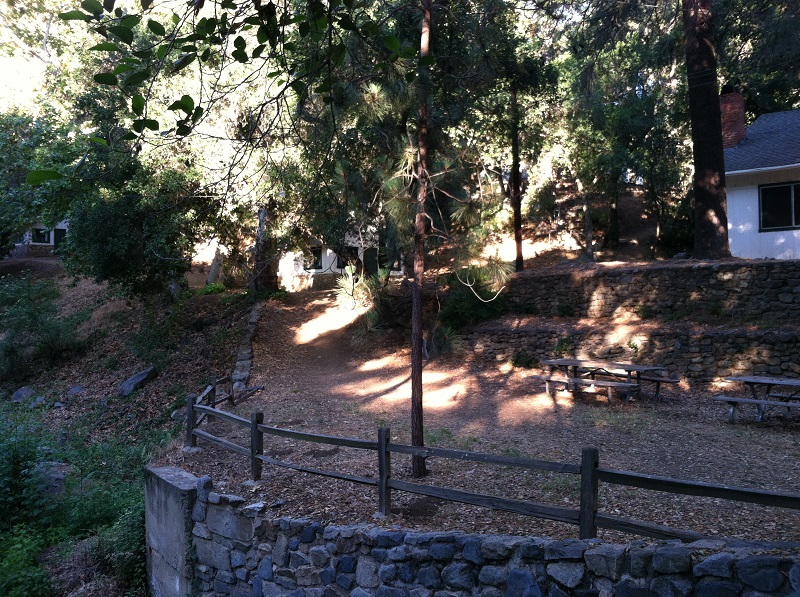Let’s just get this out there front and center: picking a good piece of recreational property is going to require some effort on your part. Not only are you going to need to set to find the piece of property fulfills all your personal requirements, you’re going to have to make a lot of decisions.
 Source: Flickr
Source: FlickrFrom the location that you want your property to the rules of the surrounding community there’s research that needs to be done. You’ll also need to plan ahead for closing costs, insurance, taxes, and of course any maintenance your property might require. If you’re planning on using your recreational property for residential purposes as well you’ll need to look into the zoning laws.
Overall buying recreational property is going to take time. BUT! Buying a piece of recreational property, when chosen well, can be one of the best investments for your future you can make- especially while the current market is bottomed out with interest rates and cost! Land is one resource that will always be of great value because society will continue growing, but we’ll never have more land than we have now. So, if you’re feeling like making a good investment that you can really enjoy owning, you should consider what it takes to find and buy recreational property for sale.
Four Steps of Effort
Remember that we’re approaching this from the perspective of a worthwhile investment not just for luxury so there is some work involved. The success of each of these steps is contingent upon the amount of research and effort you put into it.
- Location or type of property: It’s probably going to take you time to figure out what kind of property you are looking for. There are many options, from mountain property to farmland property. Do your research and learn what maintenance will be required for each type. When you know what you’re looking for you need to choose a general location to go property hunting in.
- Ads and Realtors: Start doing your homework, look on the Internet, at local newspapers and visit with local realtors. Use these resources to determine what size of property you can afford with your intended investment. If you’re buying with cash your budget will be very specific, if you need financing this is the time to find a lender in the rural market.
- Choosing Your Property and Negotiating Contracts: Having a realtor can be helpful as you negotiate contracts on the property you plan to invest in. Know what’s on that property and how large it really is. Visit the county office and have them actually show you how many acres you’ll be taxed for. If there are structures, special permits or equipment specifically list them in the contract along with the conditions of their purchase or removal. Be ready with the proper paperwork, your lender and realtor can help you with that.
- Owners Costs: Once you own the property your job isn’t finished. First you’ll want to make sure you have the right insurance for your property, to protect you against loss. Get to know the locals who can help you, mechanics, neighbors the FSA office if you purchased a farm. If you’re going to be using this property be prepared for the investments needed, like gravel for the driveway and perhaps utilities and electric.
Just remember that owning land, especially land that can be used for both recreation and even productive farming, will become a fantastic asset for your financial portfolio.
